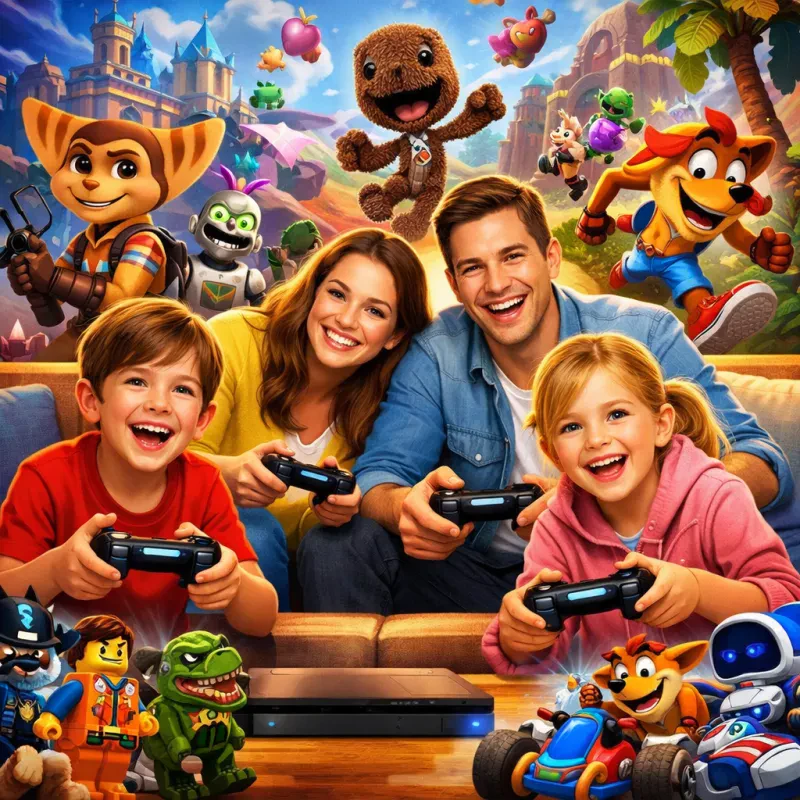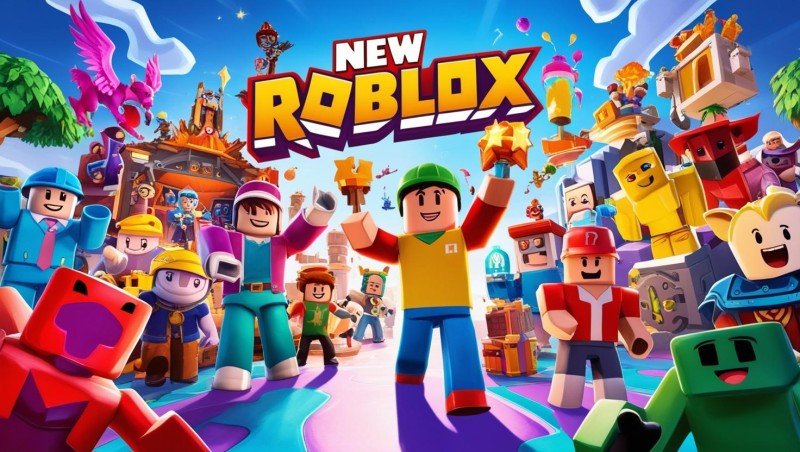Gaming has become a dynamic and immersive global phenomenon, captivating the attention of millions worldwide. As more and more individuals engage in gaming activities, experts have started to delve into the potential effects on mental health. While gaming can provide a source of entertainment, relaxation, and social interaction, it is crucial to examine the ways it may impact our mental well-being.
One aspect is the potential for gaming to contribute to the development of addictive behaviors. Many games are designed to be highly engaging and may utilize psychological techniques to keep players coming back for more. This continuous need for progress and achievement can lead to excessive gaming, neglecting other aspects of life and resulting in negative consequences such as sleep deprivation, social isolation, and decline in academic or occupational performance.
On the other hand, gaming can also offer therapeutic benefits to improve mental health. Studies have shown that certain types of games, especially those designed with specific therapeutic goals in mind, can help individuals manage stress, anxiety, and depression. These games can provide an escape from reality, offering a safe space to unwind and distract from daily challenges. Additionally, online multiplayer games can foster a sense of belonging and social connection, particularly for those who may struggle with face-to-face interactions.
Game On or Game Over? Navigating the Mental Balance
In today's digital age, gaming has become an increasingly popular form of entertainment. Millions of people across the globe spend hours immersed in virtual worlds, completing quests, battling foes, and building communities. While gaming can offer a range of positive experiences, concerns have been raised about its impacts on mental health. Finding a healthy balance between gaming and mental well-being is crucial for individuals of all ages.
One area of concern surrounding gaming is addiction. The captivating nature of many games, coupled with the ease of accessibility and the potential for social connection, can lead to excessive gameplay. This can result in neglecting other important aspects of life, such as physical health, relationships, and responsibilities. It is important for individuals to be mindful of their gaming habits and establish boundaries to prevent excessive gameplay from negatively impacting their mental well-being.
Additionally, gaming can also affect mental health through its potential for isolation. Spending long hours alone, engrossed in a virtual world, can lead to social withdrawal and feelings of loneliness. While gaming can offer opportunities for social interaction, such as multiplayer games or online communities, it is essential to strike a balance between virtual and real-life social connections. Maintaining a healthy mix of online and offline social interactions can help prevent the negative impacts of isolation.
Conversely, gaming also has the potential to positively impact mental health. Engaging in video games can provide a form of stress relief and escapism, allowing individuals to temporarily disconnect from real-life pressures. Games with storytelling elements can also offer emotional experiences and opportunities for personal growth, fostering empathy, problem-solving skills, and creativity. By actively choosing games that align with personal values and interests, individuals can enhance their mental well-being through gaming.
Beyond the Screen: Exploring Gaming's Emotional Consequences
In recent years, the influence of video games on mental health has become a pressing topic of discussion. While gaming offers entertainment and escape, it is essential to examine the emotional consequences that may arise from excessive gameplay. Gaming's impact on mental health extends beyond the screen, potentially affecting emotions, relationships, and overall well-being.
One significant emotional consequence of intense gaming is the potential for addiction. Gamers may find themselves becoming increasingly dependent on gaming as a means of coping with stress or avoiding reality. This excessive reliance can lead to mood swings, irritability, and even withdrawal symptoms when unable to play. The emotional toll of addiction can strain relationships, as individuals become more absorbed in the virtual world rather than engaging with loved ones.
Furthermore, gaming can have a profound impact on self-esteem and self-worth. In multiplayer games, players are often ranked and rewarded based on their performance, which can lead to a constant need for validation and a sense of self-worth tied to gaming achievements. This can result in feelings of inadequacy, anxiety, and depression when unable to meet personal expectations or compare themselves to others. Additionally, the hours spent in front of a screen can lead to decreased physical activity and social isolation, further affecting self-esteem and overall mental well-being.
Level Up Your Mental Well-being: Mastering the Gaming-Mindset Harmonization
Gaming, with its immersive worlds and captivating gameplay, has become a beloved pastime for millions of people around the world. However, as gaming continues to grow in popularity, concerns have emerged about its potential impact on mental health. While excessive gaming can indeed lead to negative outcomes, it is possible to find a balance between gaming and maintaining good mental well-being.
One strategy for achieving this balance is by mastering the art of gaming-mindset harmonization. This concept involves aligning gaming activities with healthy mental habits to ensure a positive gaming experience. For example, setting specific time limits for gaming sessions can prevent excessive play and allow for other important activities that contribute to overall well-being, such as exercise, socializing, and self-care.
Another key aspect of gaming-mindset harmonization is managing the emotional impact of gaming. Video games often elicit a range of emotions, from excitement and joy to frustration and anger. It is crucial to be aware of these emotions and implement healthy coping mechanisms to avoid negative effects. Taking breaks, practicing relaxation techniques, and engaging in activities that promote emotional well-being can help gamers maintain a positive mindset while playing.



